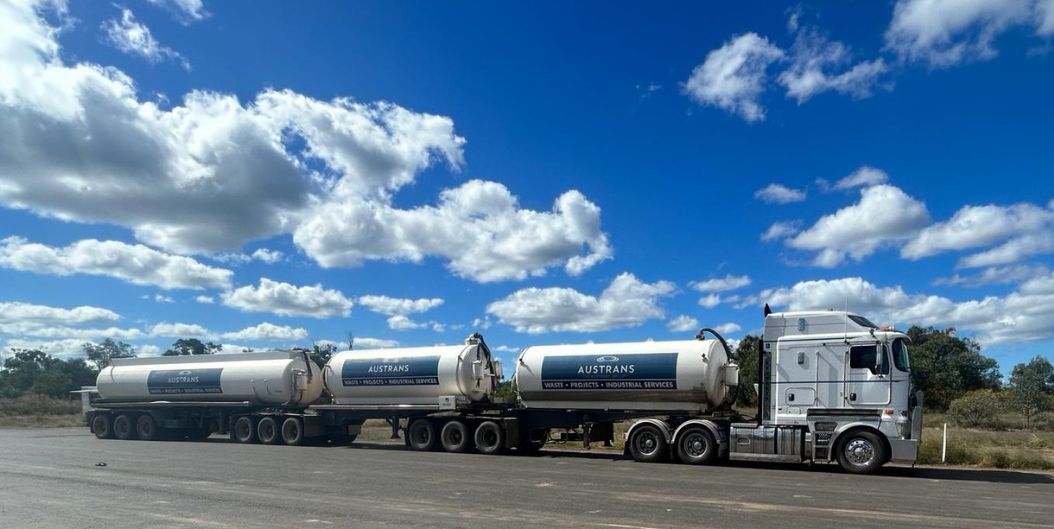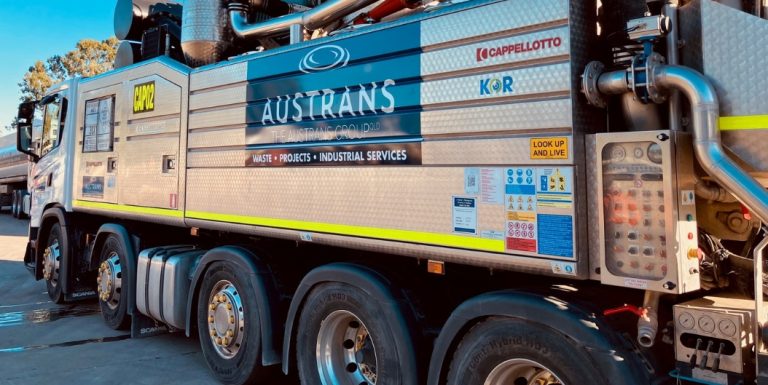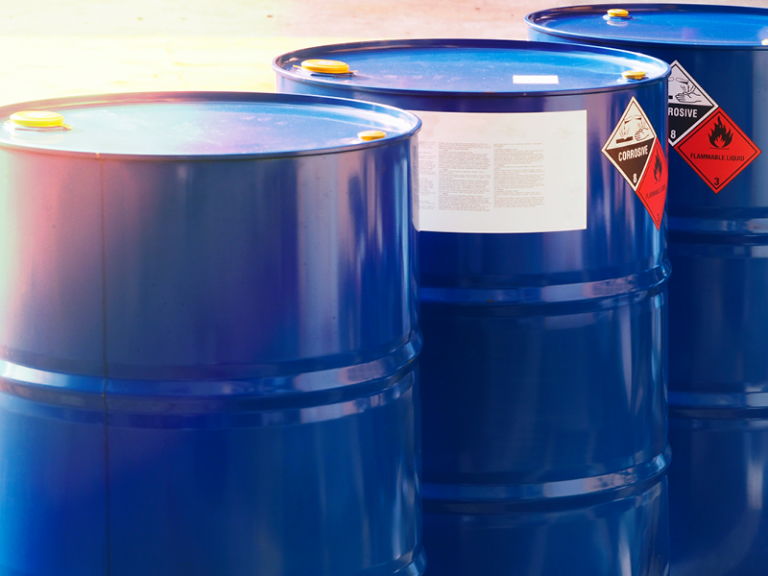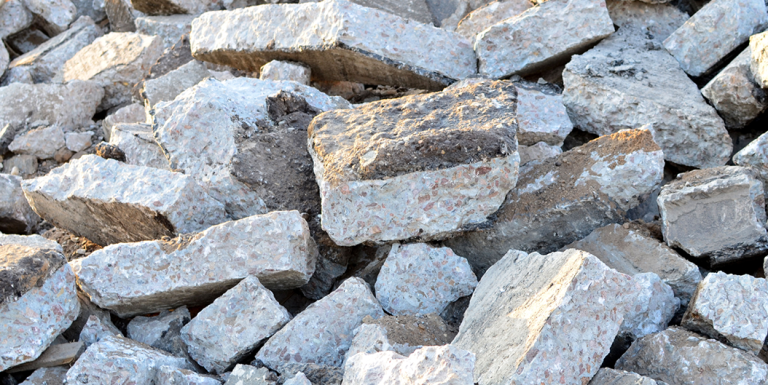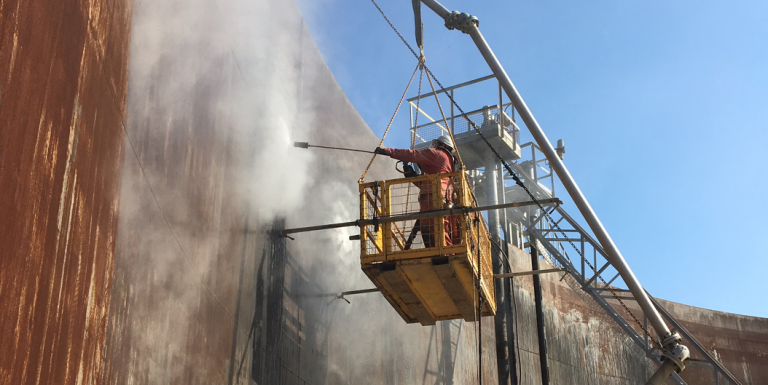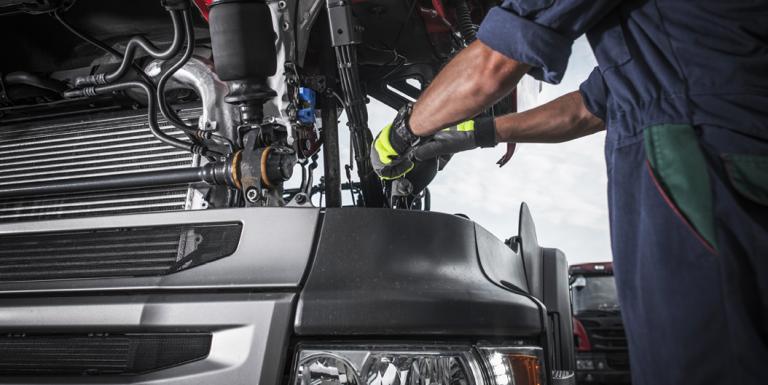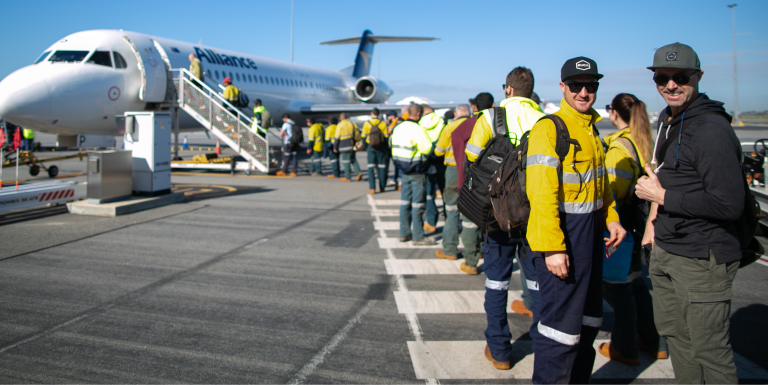The Process Of Recycling Oil
To evolve into a more environmentally conscious society and witness genuine change on a global scale, we must explore and implement a multitude of waste management strategies. Every effort, regardless of its scale, contributes significantly to the overall cause. Among these efforts, the process of recycling oil stands out as important. It not only helps mitigate environmental harm but also promotes sustainable practices that can lead to an eco-friendlier future. Through recycling efforts, we can collectively foster a healthier planet.
Why is recycling oil so important?
During any commercial operation, improper disposal of oil can lead to significant environmental contamination, as it can seep into the soil and water, polluting entire ecosystems. Ensuring the proper recycling of oil is important in preventing such harmful impacts on the environment. Oil is a finite resource, and by protecting and recycling it, we can extend its lifespan considerably. The longer we can use this valuable resource, the less we need to extract, which conserves energy and reduces environmental strain. Additionally, recycling oil has substantial economic benefits, as it generates more job opportunities within the recycling industry. This not only bolsters the economy but also reinforces the importance of sustainable practices. By integrating proper oil recycling methods into commercial activities, we can make a big difference on the environment.
How does oil recycling work?
The collected oil is meticulously stored in secure, leak-proof containers to prevent any accidental spillage or contamination. Once safely contained, the oil undergoes a rigorous treatment process involving intense heat and vacuum conditions. This sophisticated process effectively separates the oil into its various components. These separated components can then be repurposed to produce a range of valuable products, including lubricants, fuels, and other industrial materials.
However, the recycling process doesn’t end there. It also generates by-products such as sludge and residual metals, which require careful handling and proper disposal to avoid any detrimental environmental impact. Ensuring the safe disposal of these by-products is essential to maintaining the overall environmental benefits of the oil recycling process.
Some of the processes of recycling oil includes:
- Pre-treatment or dewatering involves removing any water from the oil. This is achieved by placing the oil in large settling tanks, where the water naturally separates from the oil.
- Filtering and demineralisation remove any inorganic materials and additives from the oil to ensure its purity.
- Propane Deasphalting (PDA) is a crucial pre-treatment step in the re-refining process. It produces de-asphalted lube-oil, which serves as a feedstock for the subsequent steps in a re-refining facility.
- Distillation is performed to physically separate the components of lubricating oil based on their boiling points, ensuring the oil is properly refined for various applications.
Uses for recycled oil
Recycled used oil has a multitude of applications, including:
- Industrial burner oil: Used oil is dewatered, filtered, and demineralized to be used efficiently in industrial burners.
- Mould oil: It facilitates the release of products from their moulds.
- Hydraulic oil: Recycled oil can be repurposed for hydraulic systems.
- Bitumen-based products: It is used in the production of various bitumen-based materials.
- Additive in manufactured products: Recycled oil serves as an additive, enhancing the properties of various manufactured items.
- Re-refined base oil: It is refined again to produce base oil suitable for lubricants, hydraulic fluids, or transformer oils.
Austrans does it best
With safety and efficiency at the forefront of our services, Austrans offers safe oil collection and recycling. Triple ISO accredited, we adhere to the strictest Australian and international standards. Established in 1999, the Austrans Group is proudly Australian-owned and operated, and is now recognised as an industry leader in waste management, industrial services, project management, and high-pressure water blasting all over South East Queensland.

